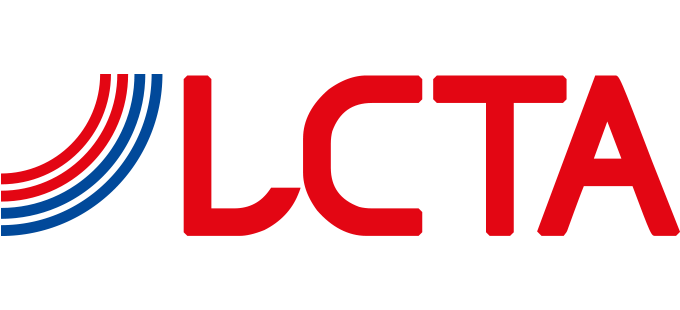EITI puts traders under spotlight on government deals
Article by Dr. Pietro Poretti

On 28 September 2020 the Extractive Industries Transparency Initiative (EITI) released new reporting Guidelines for companies buying oil, gas and minerals from governments.
Payments by companies purchasing natural resources generate a significant portion of public revenues in some of the world’s poorest countries. Such payments are exposed to governance risks as they may take place in environments of weak institutions and widespread corruption. Risks have been identified at various levels, including the selection of buyers and allocation of sales contracts; sales transactions and collection of revenues; and transfer of proceeds to the treasury. The EITI Guidelines represent a further step towards greater transparency in natural resources and complement mirroring reporting requirements for selling entities, building on the 2019 EITI Standard which requires governments to disclose volumes received and sold as well as revenues from any oil, gas or mining-related deal.
The 2020 Guidelines’ key disclosure requirements for buying companies are as follows:
- Who is selling the product? (counterparty name – seller; counterparty country, load port)
- Who is buying the products? (buying entity name)
- What product is being purchased? (product type; volume purchased)
- What does the buyer pay to the seller for the product?
Companies can use the templates annexed to the Guidelines for their disclosures. The forms offer different levels of disaggregation of the data presented: volumes and values by individual seller; volumes by cargo, and values by individual seller; or volumes and values by cargo. Further, the Guidelines address swaps and resource backed loans. Three Swiss-based commodity trading firms (Glencore, Gunvor and Trafigura), are already disclosing their transactions around oil and mining where states or SOEs are concerned in yearly reports.
Beside demonstrating their financial contribution to the economies of the countries from which they purchase commodities, regular disclosures can increase a company’s reputation and its social license to operate. Improved transparency may also facilitate access to capital from financial institutions, notably in light of the investors’ growing sensitivity to environment, social and governance (ESG) criteria, as well as the emergence of sustainability-linked financing schemes. As more and more governments in the 55 EITI implementing countries include information on receipts from the sale of natural resources in their annual reports, company-level reporting also provides companies with the opportunity to contextualize and complement information being disclosed by state and state-owned enterprises counterparts.
Switzerland is not an EITI implementing country. Nevertheless, through the State Secretariat for Economic Affairs (SECO), Switzerland has directly supported the elaboration of the EITI Guidelines and is urging trading companies to use the Guidelines to build trust in a more transparent and accountable commodity trading sector. Promoting the development and adoption of a global standard also serves the purpose of preserving the level playing field vis-à-vis other trading hubs. Last but not least, Swiss-based companies can shape the development of future disclosure standards by taking part in the activities of the EITI Working Group on Transparency in Commodity Trading, a forum which also includes representatives of civil society, host and home countries governments and state-owned enterprises.
The reform of the Swiss corporate law recently approved by the Parliament stops short from requiring companies to disclose payments to SOEs for the purchase of natural resources. The amendments to the Swiss “Code of Obligations” – not yet in force – mirror the content of EU Directives 2013/34 and 2013/50, requiring companies active in the exploitation of natural resources to publicly disclose in a special report all payments to public authorities that exceed CHF 100,000 per year. Thus, this new disclosure requirement will only affect companies that extract raw materials. Nevertheless, the Federal Council is authorized, as part of an “internationally coordinated approach”, to extend the scope of application to companies that trade raw materials (see new Art. 964 f of the Swiss Code of Obligations).
Public attention towards good governance and transparency is growing, as shown by the narrow rejection of the “Responsible Business Initiative” in Switzerland. The Biden administration has been urged to reengage with EITI after the previous administration decision to withdraw the United States from the initiative in 2017. These elements, combined with increased challenges for public budgets posed by COVID-19, suggest that the high-water mark for boundary-pushing transparency standards may still lie ahead of us.
The EITI Guidelines and the reporting templates are available at this link
Dr. Pietro Poretti currently serves as Head, Economic Development Division, Città di Lugano. In 2019-2020 he consulted for the EITI Secretariat and assisted in the development of the transparency Guidelines.
